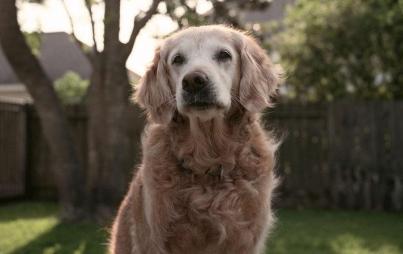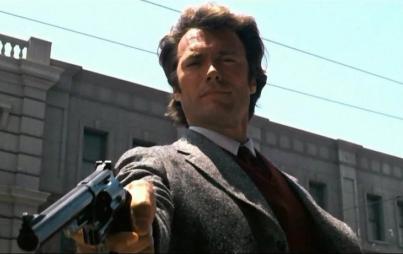
Patsy Cline and husband Charlie Dick's graves in Shenandoah Memorial Park, VA. Image: Sarah Stierch (CC BY 4.0)
In her early Winchester days, Cline had a reputation for being an odd, wild girl. She wore red lipstick and cowgirl outfits and drank beer on her front porch.
Content notice: mention of intimate partner abuse
Growing up in Virginia, I always thought of the little city of Winchester as apple country. And as home to apple orchards for miles, it does fit the description. The city even hosts the Shenandoah Apple Blossom Festival every year.
But Winchester is also home to Patsy Cline, a country music singer who catapulted to stardom in the late 1950s.
Even as a little girl asking her mother to turn up “I Fall to Pieces” and “Crazy” when they came on the radio, I assumed Cline was from Tennessee.
After all, don’t all country singers come from Nashville?
Never one for hero worship, I didn’t make a pilgrimage to Winchester, not even when I learned that Cline lived my home state. The city was more than an hour’s drive from my childhood haunts in Arlington and over two and a half hours from my college town of Richmond.
The travel required too much commitment from someone who needed at least a historic house or museum to pique her interest. Cline has neither.
Though Cline’s house was known in the Winchester community, the property was closed to the public. Even the most devoted of fans would have needed convincing to drive up to the obscure log cabin in a city virtually unknown outside of the Old Dominion.
I found myself connecting with Cline in a way I had not imagined. She wasn’t an infallible artist, she was a human, a human who fought and persevered.
That changed when the non-profit group Celebrating Patsy Cline (CPC) acquired the house and spruced it up for an adoring public. The house — located at 608 South Kent Street, for anyone who wishes to visit — was listed on the National Register of Historic Places and the Virginia Landmarks Register in 2005. CPC opened the house to visitors in 2011 and partnered with the Winchester-Frederick County Visitors Center for a Patsy Cline exhibit in 2013.
I finally saw the house myself in the fall of 2015, when a press opportunity to join a tour group presented itself. I spent the day on a bus that toured Winchester and the surrounding area. Judy Sue Kempf of Celebrating Patsy Cline was an indelible guide, telling stories from different chapters of Cline’s life with gusto.
Cline sang with such a beautiful range of emotion because she had experienced so many ups and downs in her own life.
One day, she was performing a hit song before a crowd of steadfast fans. Another day, she was facing physical and emotional abuse from her controlling husband.
And that was after she found fame. Her life before then — the making of an artist — was even more dramatic.
In her early Winchester days, Cline had a reputation for being an odd, wild girl. She wore red lipstick and cowgirl outfits and drank beer on her front porch. When she wasn’t playing music, she helped her mother with odd jobs to earn extra money for their struggling household.
Cline wasn’t some Southern debutante who never knew real hardship: Before her father abandoned them, Cline and her family were constantly on the move. Once he left them forever, poverty often loomed over them. As Kempf told it, you could hear all of this in Cline’s voice when she sang.
One of the reasons I’ve always resisted hero worship is that it disregards the humanity of the person in question. It raises them to a mythological status that distorts their struggles as much as it does their flaws.
As the hours passed, I found myself connecting with Cline in a way I hadn't previously imagined. She wasn’t an infallible artist — she was a human, a human who fought and persevered.
Driving and walking through Winchester meant witnessing some of the scenery she fought against firsthand, even if was decades after the fact.
One of the reasons I’ve always resisted hero worship is that it disregards the humanity of the person in question. It raises them to a mythological status that distorts their struggles as much as it does their flaws.
To really honor our heroes, we have to see them for who they are: people.
Seeing a replica of the black walnut cake Cline’s mother used to bake for the rich women of Winchester hinted at young Cline's impoverishment and desperation. Poverty was Cline’s Goliath, but unlike Goliath, Cline’s poverty was real. There was no need to exaggerate or personify it.
Just before lunch at a honky-tonk bar, Kempf took our tour group to Cline’s gravesite. The marker was covered in flowers and pennies.
I knelt down on the moist grass to read the marker. Then I touched it. I let my finger rest there for a moment and process the pulse rushing through my body.
Cline was a hero I didn’t know I had.
Image: Sarah Stierch (CC BY 4.0)







